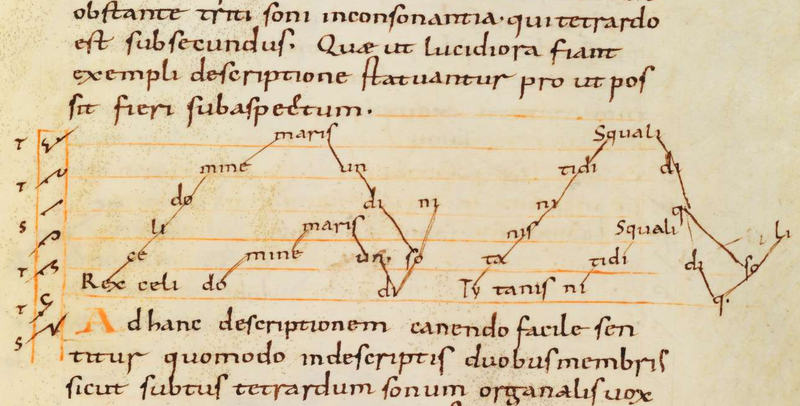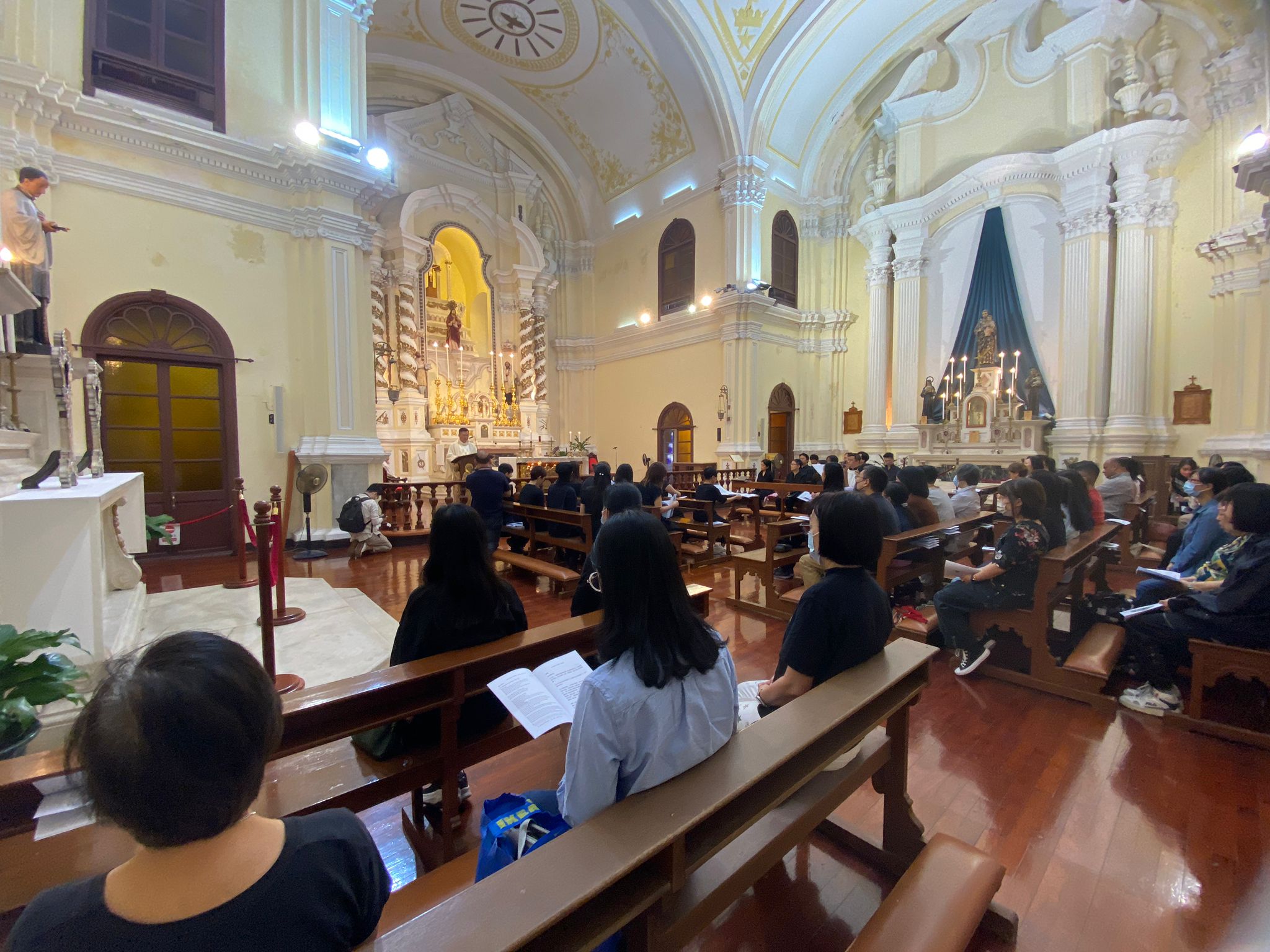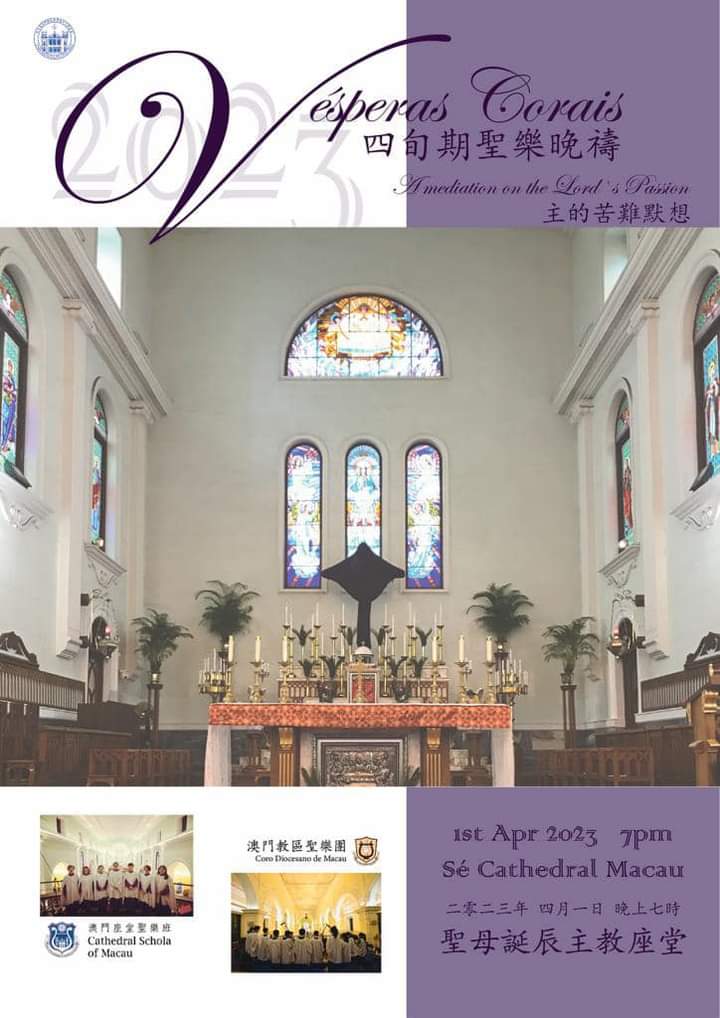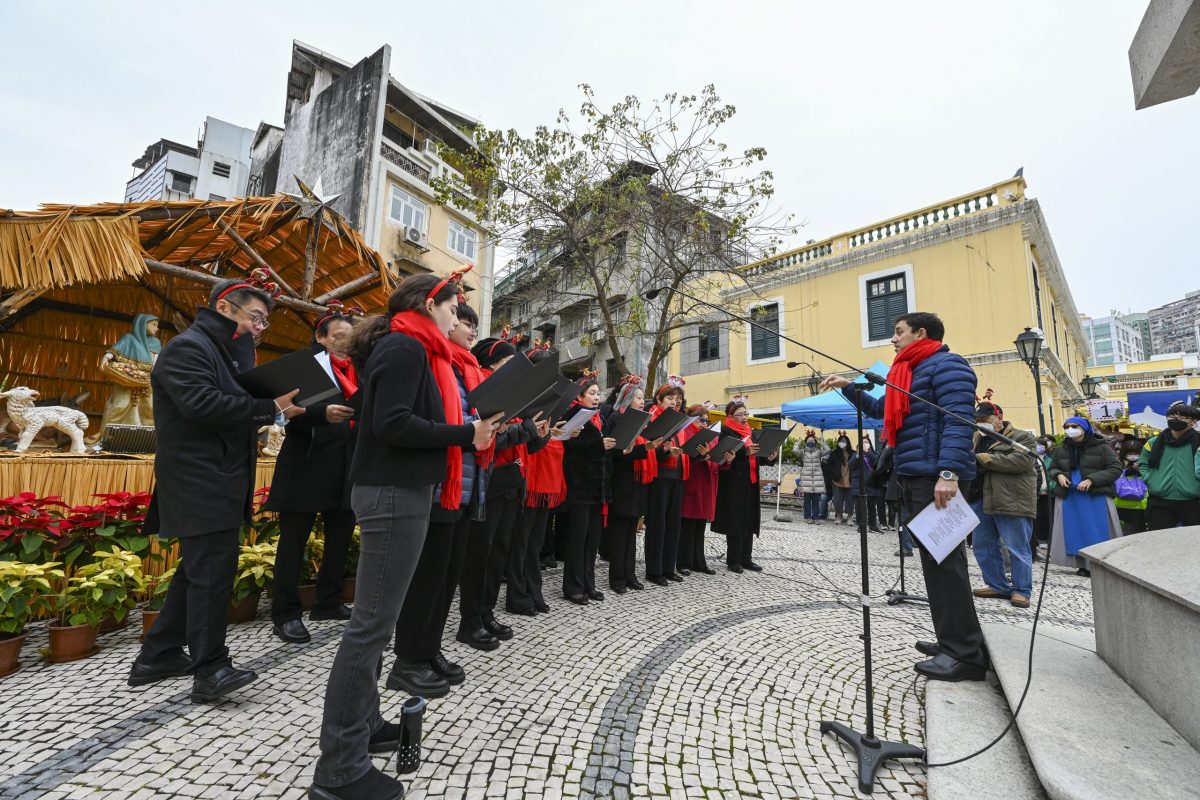Aurelio Porfiri
Unfortunately, the singing of sequences (a sequence is a chant or hymn sung or recited during the liturgical celebration of the Eucharist) has fallen victim to the modern era. These beautiful compositions that precede the Gospel on some important holy days and are at the most read in vernacular versions and often shortened.
When we think of sequences, one of the prominent ones that comes to mind is Veni Sancte Spiritus, notably sung at Pentecost and attributed to Archbishop of Canterbury Stephen Langton. Don Giuseppe de Luca and Giulio Cesare Paribeni (Encyclopedia Italiana) say: “The musical part of this sequence is a melody of the first authentic tone, included in the space of a seventh and, however, according to the theory of Gregorian chant, of imperfect way. Characteristic of this melody is its division into three phrases with an almost symmetrical pace, and arranged in such a way as to almost anticipate the strophic form A, B, A typical of a later cantability of several centuries. In fact, the second of the three sentences (B) transposes a fourth above the first sentence (A) and this returns, slightly modified, in the third.”
The text is dense and sublime:
Come, Holy Spirit, come!
And from your celestial home
Shed a ray of light divine!
Come, Father of the poor!
Come, source of all our store!
Come, within our bosoms shine.
You, of comforters the best;
You, the soul’s most welcome guest;
Sweet refreshment here below;
In our labor, rest most sweet;
Grateful coolness in the heat;
Solace in the midst of woe.
O most blessed Light divine,
Shine within these hearts of yours,
And our inmost being fill!
Where you are not, we have naught,
Nothing good in deed or thought,
Nothing free from taint of ill.
Heal our wounds, our strength renew;
On our dryness pour your dew;
Wash the stains of guilt away:
Bend the stubborn heart and will;
Melt the frozen, warm the chill;
Guide the steps that go astray.
On the faithful, who adore
And confess you, evermore
In your sevenfold gift descend;
Give them virtue’s sure reward;
Give them your salvation, Lord;
Give them joys that never end. Amen.
Alleluia.
One would not know where to begin to comment on these profound words.
The melody above is certainly within the reach of the media. Therefore, there is no real explanation as to why this beautiful sequence is hardly sung anymore. Another mystery of faith.
(Image: Musica enchiriadis Rex celi. Late 9th century. Source: Musica enchiriadis, Bamberg, Staatsbibliothek, Var. 1, fol 57r)


 Follow
Follow


